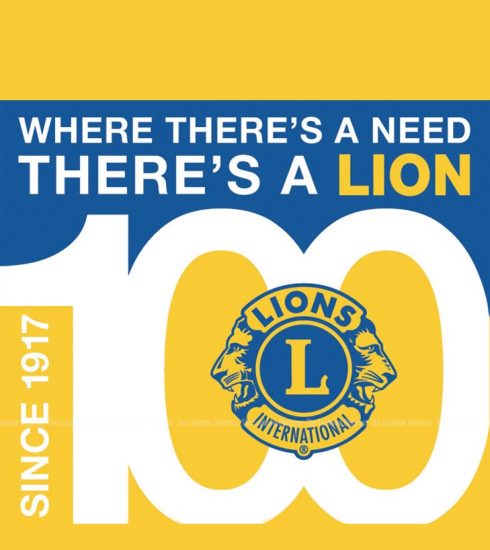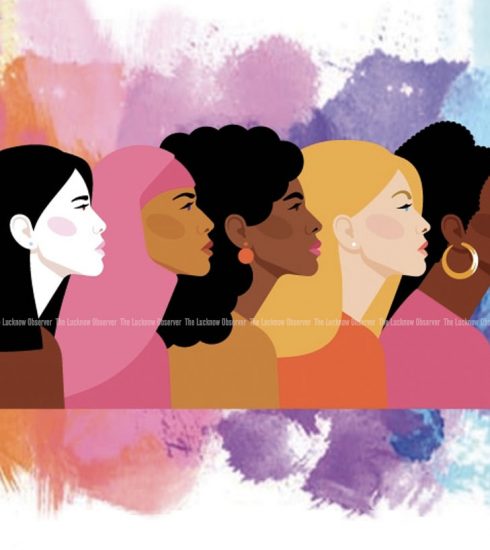Orkut, RIP!
Miss you! Ooom…waa!
If there is one social networking site that can be called a trailblazer and which is on the ‘ventilator’ facing a sure but ‘slow and natural’ demise, it’s Orkut.
Come September 30th and it will be no more…!
The popular social networking site by Google helped us connect with our school pals, distant family relatives and like-minded individuals.
Your very own scraps, sugarcoated testimonials, communities, photos… all this and more… will cease to exist when Google will shut operations for Orkut officially after more than 10 years of service.
At this point, users won’t be able to log in anymore; photo export to Google+ will be unavailable, and all the APIs and other tools will go down as well.
But wait! DO NOT SQUIRM! Until September 2016 Orkut aficionados will still be able to export all of their data using Google Takeout.
(Learn how to Download your Orkut data – support.google.com/orkut/answer/3220186)
Google launched Orkut in January 2004, after attempting to acquire Friendster, the hot social network of the time. Orkut gained traction in Brazil, India and a few other countries but never really caught on in the United States. Facebook was founded in the same year.
In 2010, Facebook overtook Orkut as the top social networking site in India with 20.9 million visitors in July that year, compared to Orkut’s 16 per cent growth with 19.9 million visitors, according to research firm comScore.
Facebook is now the world’s largest social network with 1.28 billion users.
Today, about 50 per cent of Orkut users are still in Brazil, about 20 per cent in India and just under about 18 per cent are from the United States.
“Over the past decade, YouTube, Blogger and Google+ have taken off, with communities springing up in every corner of the world,” the Orkut team wrote in a blog post.
“Because the growth of these communities has outpaced Orkut’s growth, we’ve decided to bid Orkut farewell (or, tchau). We’ll be focusing our energy and resources on making these other social platforms as amazing as possible for everyone who uses them.”
If you still want to see what Orkut was all about but you don’t have an account, it’s sadly too late to do that; Sign-ups for new accounts have been disabled. You may ask your friends & family and take a sneak peak on what Orkut looked like.
Google launched its Google+ social network in 2011 and has been slowly weaving it into other services. While Google+ was positioned to compete with Facebook in the beginning, over the last few years, it has established Google+ as a unified “user identity” system.
Many users made their debut on the social networking sites through Orkut. Testimonials and scraps were so cool before there were ‘likes’, ‘hash tags’ and ‘comments’. The news of the shutdown made users nostalgic of the old ‘social’ times.
During those days there were hardly any smartphones with Internet connection. Orkut was the stepping-stone into the world of social networking. The habit of spending hours, even sleepless nights, interacting with people. Relationships, too, saw twists and turns, thanks to Orkut. Lost friends found, new friends made. We found many school friends, who we had lost touch with. We could also see who all visited our profile…it was really hip.
“I can’t live without Orkut. Orkut is my life,” wrote one user in an Orkut online community called “Time to say goodbye to Orkut.”
Here are some interesting facts about Orkut, which, in a way, are a tribute to one of the largest social networks, we ever saw:
Orkut is named after a Google employee: Orkut Büyükkökten, who actually developed this social network. He is a Turkish software engineer, who utilized Google’s 20% project time to create this social network. Google mandates all its employee to use 20% of their office time in developing their own projects. Orkut was the result of such a ‘side project’ by Orkut Büyükkökten.
Since 2008, entire Orkut team was shifted to Belo Horizonte, Brazil considering that Orkut’s largest user base was from Brazil. This is the reason Google announced the shutting down of this social network in English and Portuguese.
When Orkut was launched, it was Marissa Mayer, the current Yahoo CEO who was the project manager who actually approved this project and named it ‘Orkut’.
In 2007, Mumbai police had asked the court to place a ban on Orkut as several hate groups had suddenly sprung all over the social network. The case is still pending.
Only three countries had the courage to block Orkut for their citizens: Iran, the UAE and Saudi Arabia. They banned Orkut because a lot of anti-national sentiments were shared across the social network.
While Orkut dresses up to lie down in peace in the graveyard of dead services, the memories of our first social networking initiation will always remain strong. It’s time for mourners to move on… and remember that nothing lasts forever!
Panckaj N. Umrania









